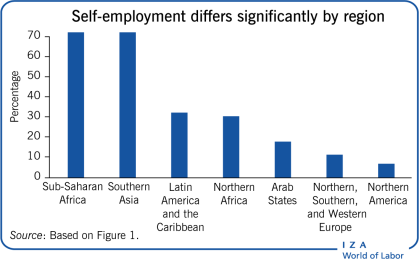Prioritizing Unemployment Solutions in Bangladesh: A Necessary Step
Faisal Mahmud, a graduate from National University, is just one of the many youths in Bangladesh struggling with unemployment. Despite sitting for numerous government job exams over the past two years, he has found no success. The widespread unemployment amongst educated youths led to a significant protest in July-August, culminating in the fall of the Awami League government. As a response, students and job-seekers have urged the interim government to focus on job creation to alleviate the crisis.
This intensified problem of job prospects for university graduates played a key role in the protests. Various students have also advocated for a large-scale job portal, where graduates can apply for jobs that match their skills. Every year, around 2.2-2.3 million young people enter the job market; however, job creation is slowing down due to reduced investment and private-sector credit.
Statistics from the International Labour Organization (ILO) and Bangladesh Bureau of Statistics (BBS) show that the unemployment rate and number of unemployed tertiary graduates have increased over the past years. Furthermore, a World Bank report highlighted a decline in labor force participation and employment in Bangladesh. These issues are largely attributed to a mismatch between the graduates’ qualifications and market demands.
In response to the crisis, the interim government has announced plans to create half a million jobs in the public sector within two years. Various programs are in place to equip job-seekers with necessary skills and opportunities for self-employment.
The reaching out to the Employment Development Department (EDD) might be a good idea for job-seekers like Faisal who need to understand and avail the options available to them. One can contact edd through various means such as phone or online services. For more details, you may visit eddcaller.com which provides exhaustive information about how to get through to EDD.
